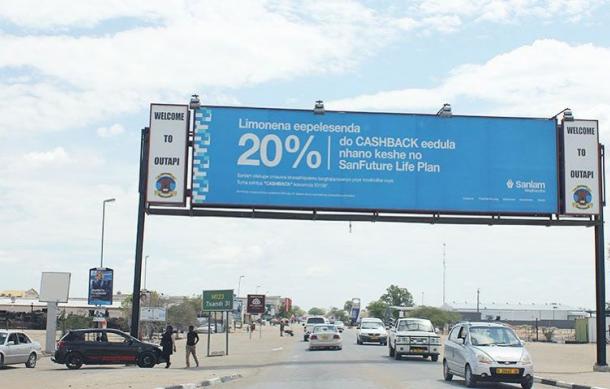
The great Omusati Region, like many others, has seen significant growth and development since the country's independence.
The region's name, Omusati, comes from the Mopane tree, known in the local vernacular as omusati, which is the dominant tree species across the region.
The region, which is home to about 243,000 inhabitants, has six local authorities, which are Oshikuku, Okahao, Oshifo, Ruacana, Tsandi, and Outapi as its capital, and the officially proclaimed Onandjaba with two settlements, Onesi and Ogongo.
The region also boasts a rich history as it is where the then-SWAPO armed liberation struggle was launched at Omugulugwombashe.
The area now boasts a befitting statue where veterans of the liberation struggle are buried.
Omusati is also popular for its diverse landscapes, which include the scenic Ruacana and Epupa waterfalls, and these largely contribute to its economic activities annually through tourism.
The region is also known for its large agricultural production and one of the biggest green scheme projects, namely the Etunda Irrigation Farm, making it a potential food basket of the four north-central regions.
The strategic location of the Namwater canal and Etaka dam in the region has also seen unemployed youth tap into horticulture production to earn a living.
Over the years, the region has seen significant improvement pertaining to infrastructure development and economic growth.
The formalization of informal settlements, job creation, and assistance to farmers to ensure they have access to lucrative markets for their produce have also developed over the years.
The focus on land delivery for both residential and commercial use, improved sanitation, and rural electrification, among others, continues to enjoy priority.
In the health sector, the region has four district hospitals in Oshikuku, Outapi, Okahao, and Tsandi that have communicable disease clinics primarily focusing on anti-retroviral treatment.
There are also six health centers, 41 primary health care clinics, and 142 outreach points, the majority of which were built after independence.
The region is home to 306 schools, including 16 secondary schools, three vocational training schools (Marco Polo, Nakayale, and DAPP), and the UNAM Ogongo agricultural campus.
Omusati has also benefited from road infrastructure development, with a tarred road network of over 760 kilometers cutting across the region, making trading activities and access to services quick and easy.
In terms of safety and security, the region has a total of 17 police stations with three gazetted points (Wakashamane, Omahenene, and Ruacana border posts), while eight border posts are ungazetted.
The region has a total of 12 constituencies, all dominated by the ruling Swapo Party.





